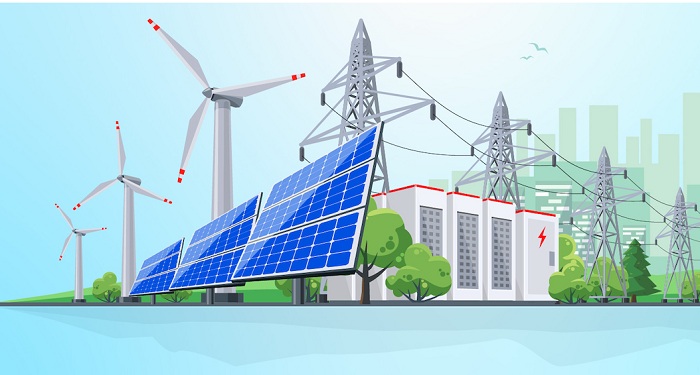Residential fuel cells are a viable alternative that is becoming more available as the globe struggles with the problems of climate change and the need for sustainable energy alternatives. These cutting-edge gadgets have the potential to revolutionise how we power our houses, lowering our dependency on fossil fuels and promoting a more environmentally friendly future.
Residential fuel cells, also known as home fuel cells or micro combined heat and power (micro-CHP) systems, generate electricity and heat by converting hydrogen and oxygen into water through an electrochemical process. Because of their efficiency, they emit less greenhouse gases than more conventional energy sources like coal, oil, and natural gas, making them a desirable replacement.
The capacity of residential fuel cells to provide consistent and dependable electricity is one of its key features. Fuel cells can produce power continuously, unlike solar panels and wind turbines, which rely on the weather and have variable output, making them the best choice for places with little access to renewable resources and homes that need a steady energy supply.
Apart from the environmental benefits, residential fuel cells can lead to substantial cost savings for homeowners. By producing electricity on-site, fuel cells can reduce or eliminate the need for grid-supplied power, resulting in lower energy bills. Moreover, the heat generated during the electrochemical conversion process can be used for domestic heating and hot water, further improving efficiency and reducing energy costs.
Countries like Japan and Germany have been at the forefront of adopting residential fuel cells, with ambitious targets for their deployment. In Japan, the government aims to install 5.3 million residential fuel cell units by 2030, supported by various incentives and subsidies to make the technology more accessible to consumers.
While the United States is still in the early stages of adopting residential fuel cells, interest is growing, with some states offering incentive programs to encourage their use. Promising pilot projects showcase the potential of these systems, as it operates entirely on a residential fuel cell system, providing more than enough electricity for the home’s needs and even contributing surplus power to the grid.
Despite the positive developments, there are barriers to widespread adoption, such as the initial high cost of fuel cell systems and the limited availability and infrastructure for hydrogen fuel. However, as technology develops and the government continues to encourage them, residential fuel cells have much potential for homeowners looking to reduce their carbon footprint and save money on the electricity bill.





































